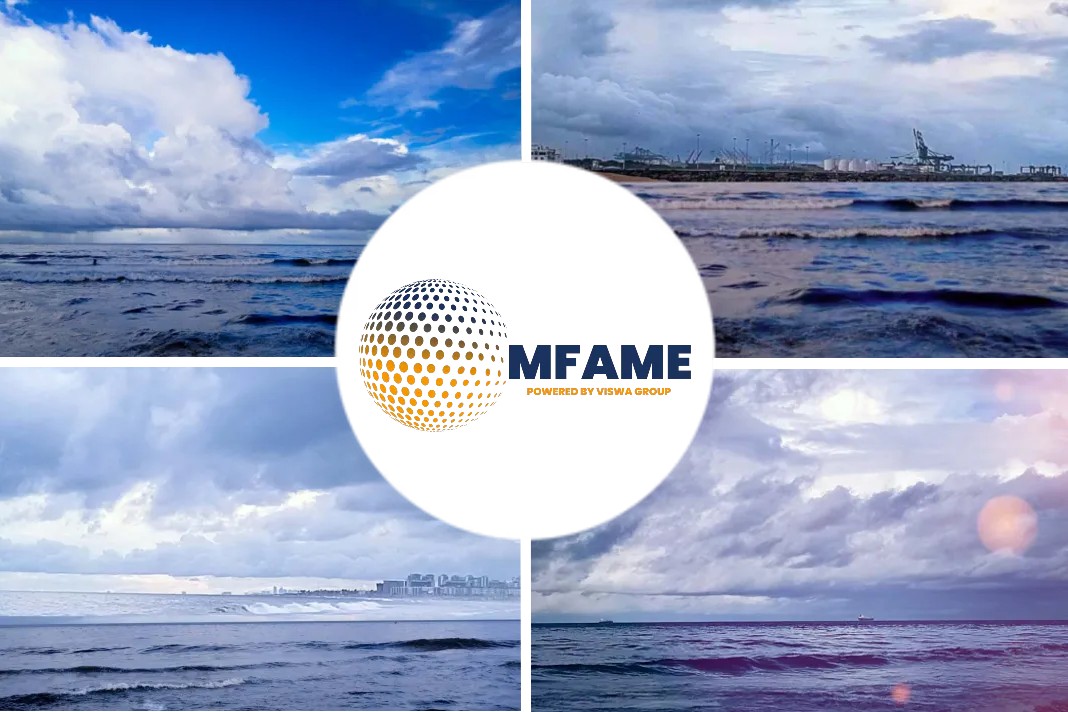According to new research, new rules aimed at reducing air pollution from shipping may worsen the sector’s climate impact, says an article published in Euractiv.
More climate-bashing emissions
New rules aimed at reducing air pollution from shipping may worsen the sector’s climate impact, according to new research. It warns that low sulphur fuels could end up producing more climate-bashing emissions, known as black carbon.
Tweaked fuels to do serious climate harm
On 1 January, International Maritime Organisation (IMO) rules came into force, lowering the legal sulphur limit of boat fuel from 3.5% to just 0.5%. This move is in a bid to improve air quality and reduce the causes of acid rain.
But new figures submitted to the IMO by Finland and Germany, ahead of an annual meeting of its pollution prevention committee meeting in February,
warn that the tweaked fuels have the potential to do serious climate harm.
Shocking VLSFO test results
That is because the very-low sulphur fuel oils (VLSFO) tested contained more hydrocarbons known as aromatics, which in turn cause more black carbon emissions (BC). BC is perhaps second only to CO2 in terms of climate-damaging potential.
The Study results
Hybrid fuels
According to the study, the hybrid fuels tested contained between 70% and 95% more aromatic compounds. This led to 10% to 85% more BC compared to standard heavy fuel oil (HFO), a widely used shipping fuel.
Strong black colour makes absorption easier
Due to their strong black colour, BC emissions absorb sunlight to a greater degree and therefore have an increased warming effect. In the polar regions, they are particularly problematic as they stick to snow and increase melt rates.
Silver lining of BC emissions
A silver lining of BC emissions is that they remain in the atmosphere for less time than CO2 and dissipate within weeks. Aside from shipping, they are also regularly produced by wood-burning stoves and forest fires.
Review of aromatic content recommended
The study suggests that aromatic content should be factored into how fuels are classified. Apart from this, the International Organisation for Standardisation (ISO) should undertake a review to “enable a better qualification of marine fuels with respect to their environmental performance.”
IMO does not stop aromatic-containing fuels
IMO rules do not force operators to use the aromatic-containing fuels but now it is a question of whether the UN body will
- act on the new information and
- add stricter criteria to the sulphur cap.
Call for prohibition
In comments sent to the IMO, a group of NGOs including WWF and Pacific Environment said that the findings are “an alarming development” and called on the UN body to amend the rules to prohibit fuels that will increase BC emissions.
Request for resolution
The group also asked the IMO to adopt a resolution on a voluntary moratorium that will cover the period up until the rules are amended.
Charting a new course
Finland and Germany’s study also calls on the IMO committee to “note the information contained in this document and to take action as appropriate.”
IMO’s hope
The UN shipping body, less than a month into implementing the new sulphur cap, had hoped the binding measure would serve as a milestone towards making good on a pledge to halve emissions in general from the sector by 2050.
Slow progress
Progress has so far been slow in deciding how best to curb carbon dioxide and methane output, although shippers themselves have recently indicated they would be willing to entertain the idea of taxation if the revenues are spent wisely.
Ways to meet decarbonisation challenge
Andreas Sohmen-Pao, chairman of maritime giant BW Group, said last November, “To meet international shipping’s decarbonisation challenge, the maritime industry needs a carbon levy, it is coming, and we should shape it.”
He added, “A maritime green fund could accelerate decarbonisation in shipping, support scaling and infrastructure to deliver new fuels, while taking into consideration the impact on trade and developing states.”
Emissions Trading Scheme (ETS)
The European Union looks set to price carbon itself in the new decade, as plans are in motion to include shipping in the Emissions Trading Scheme (ETS), after the new European Commission announced the measure.
Although data for boat emissions is already collected under
- the bloc’s Monitoring,
- Reporting and
- Verification (MRV) regulation,
decisions still have to be made about the more technical aspects of ETS-inclusion. According to EU sources, a Commission proposal might be delayed until mid-2021.
Did you subscribe to our daily newsletter?
It’s Free! Click here to Subscribe!
Source: Euractiv



















